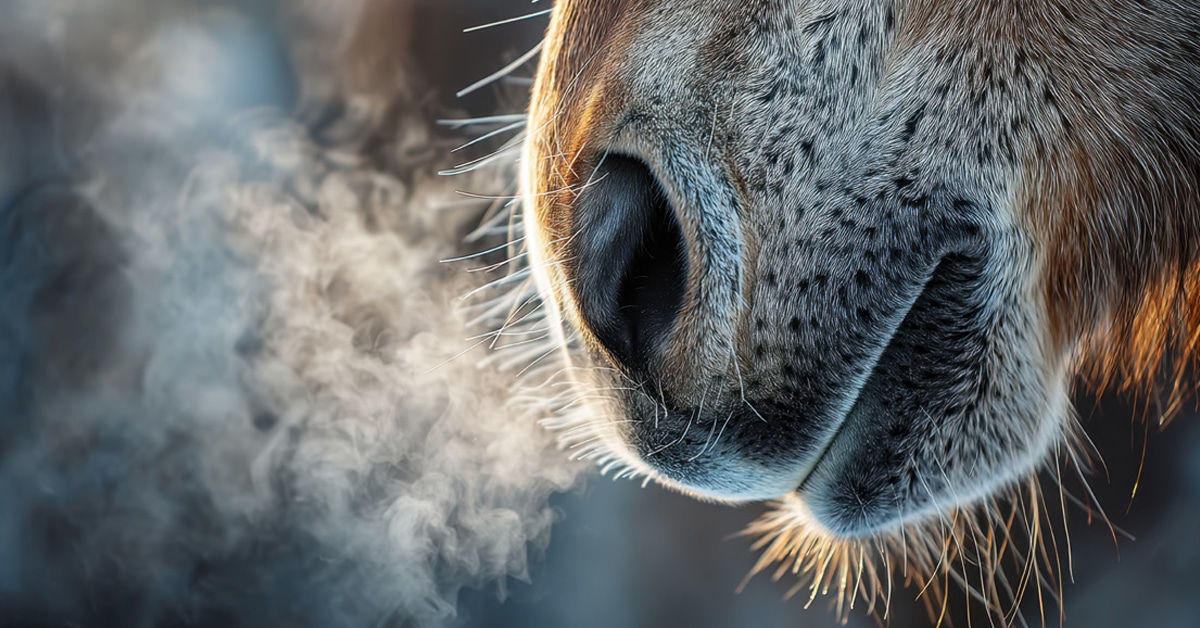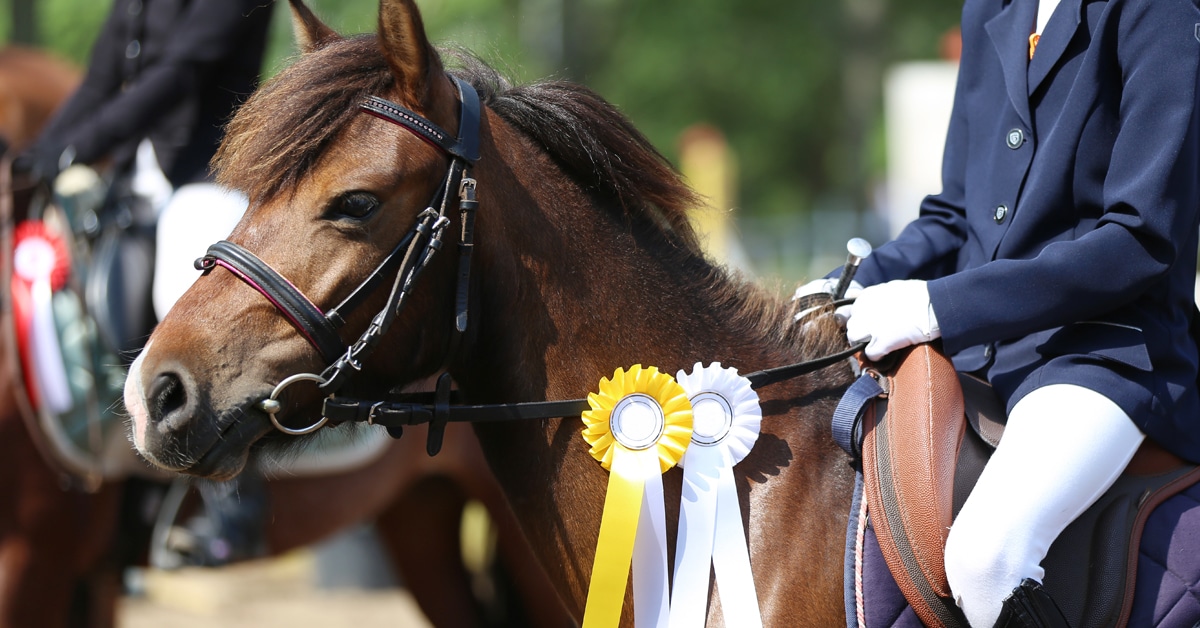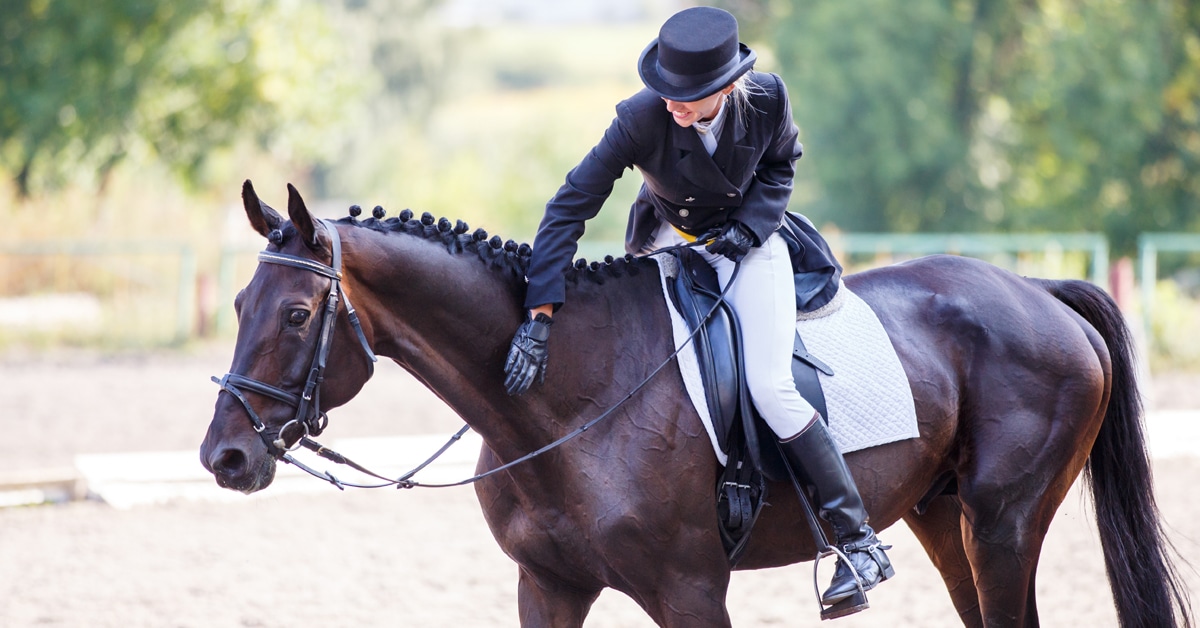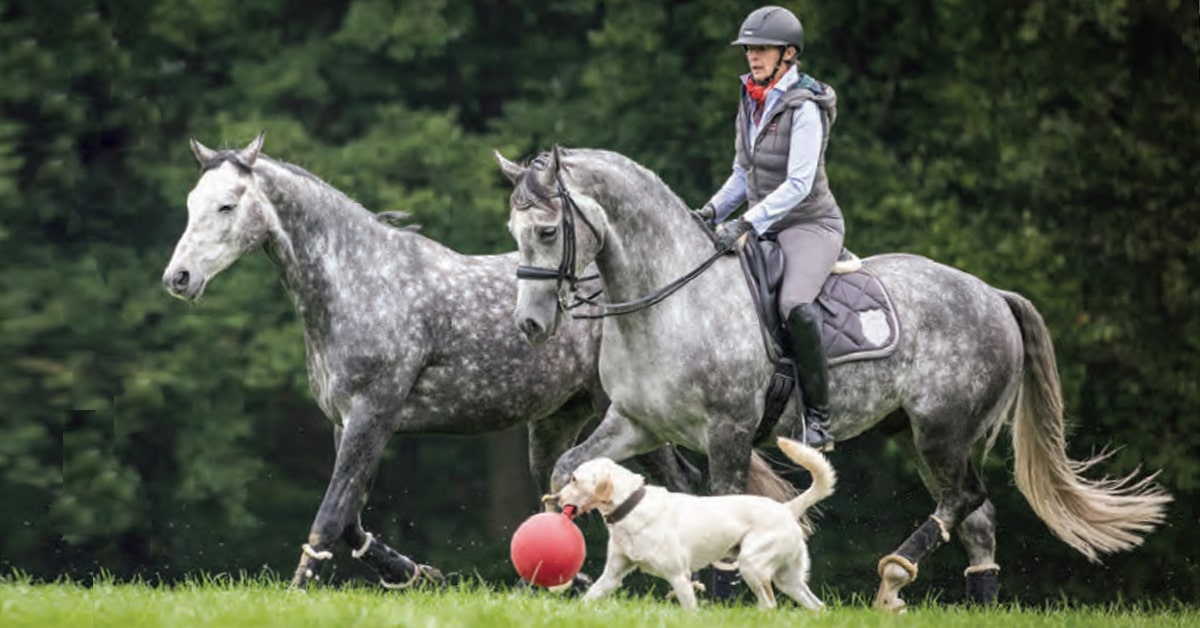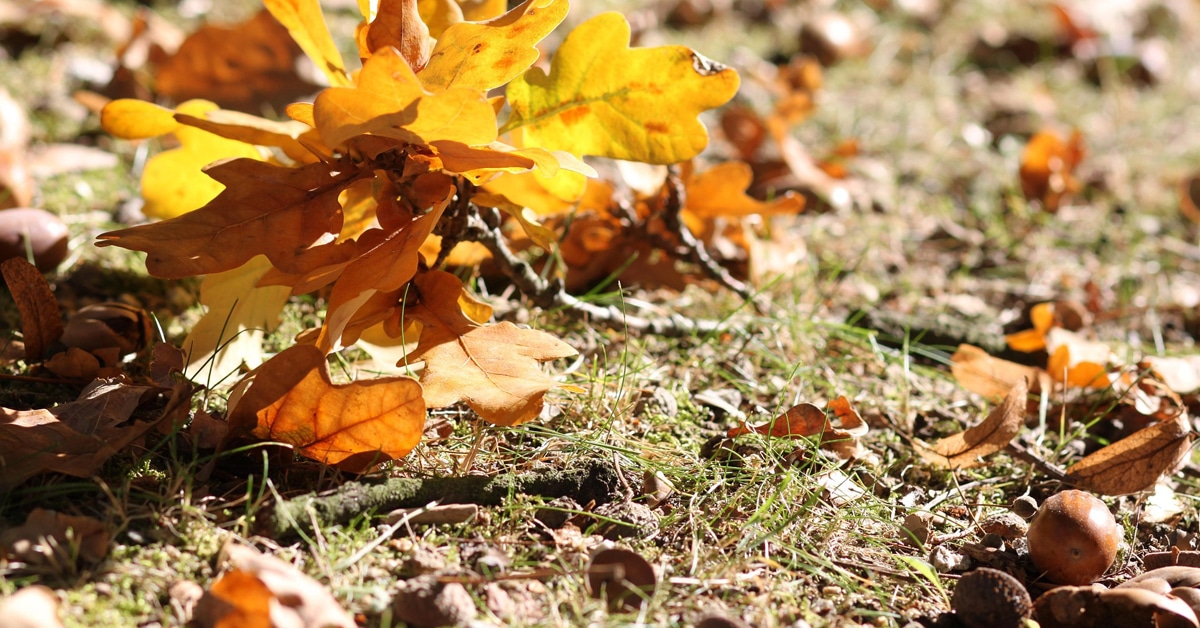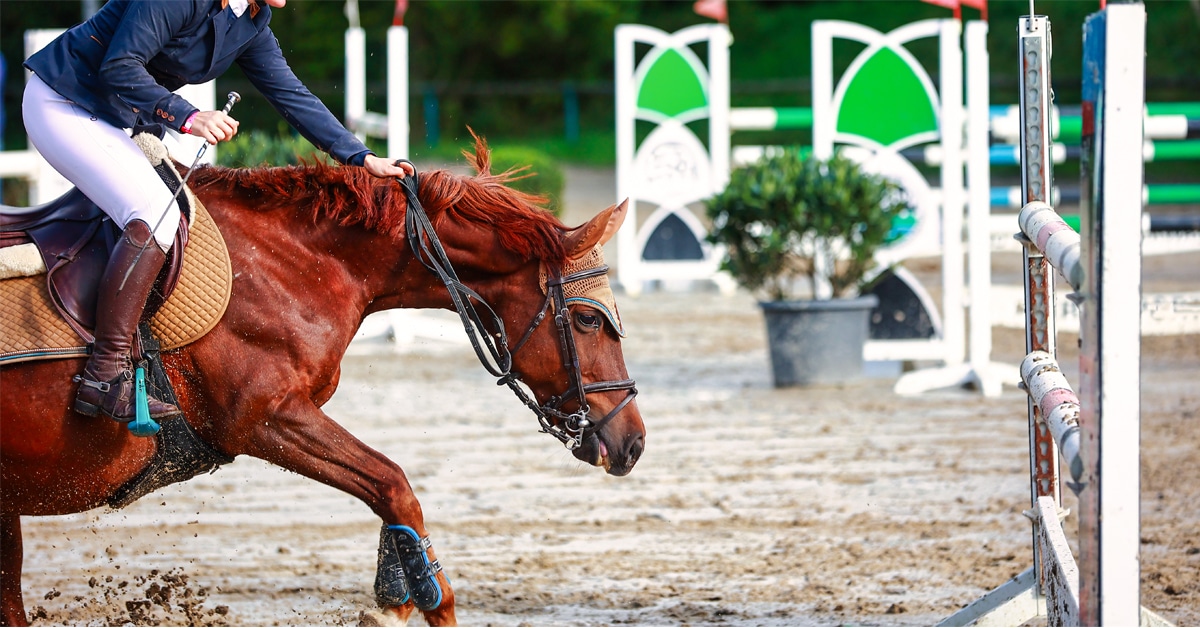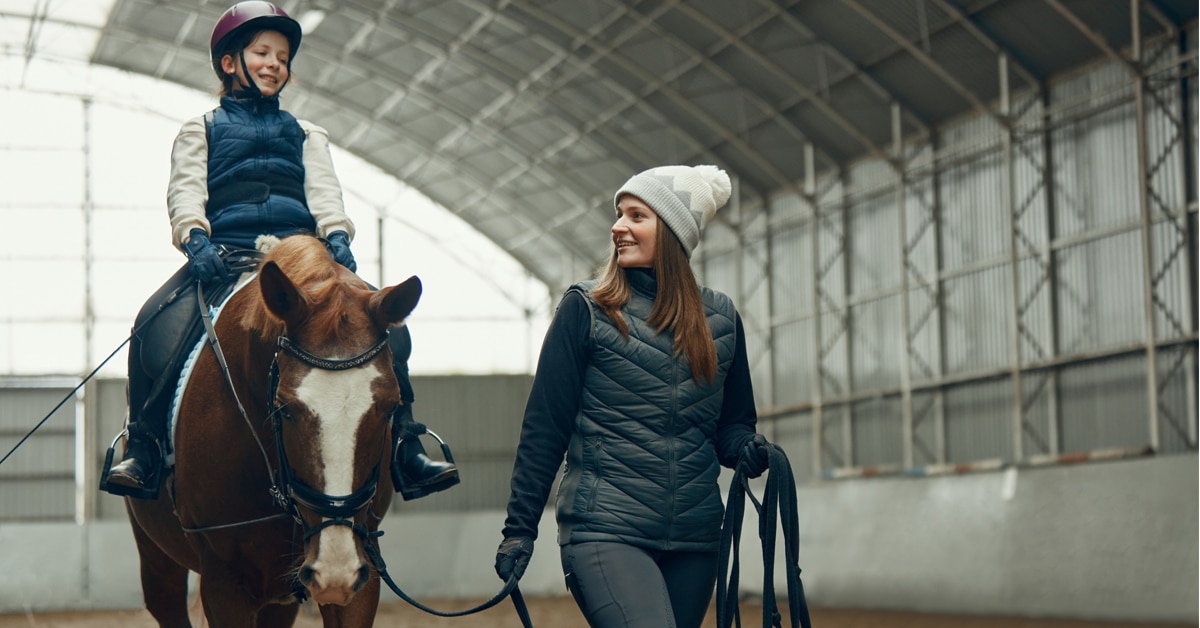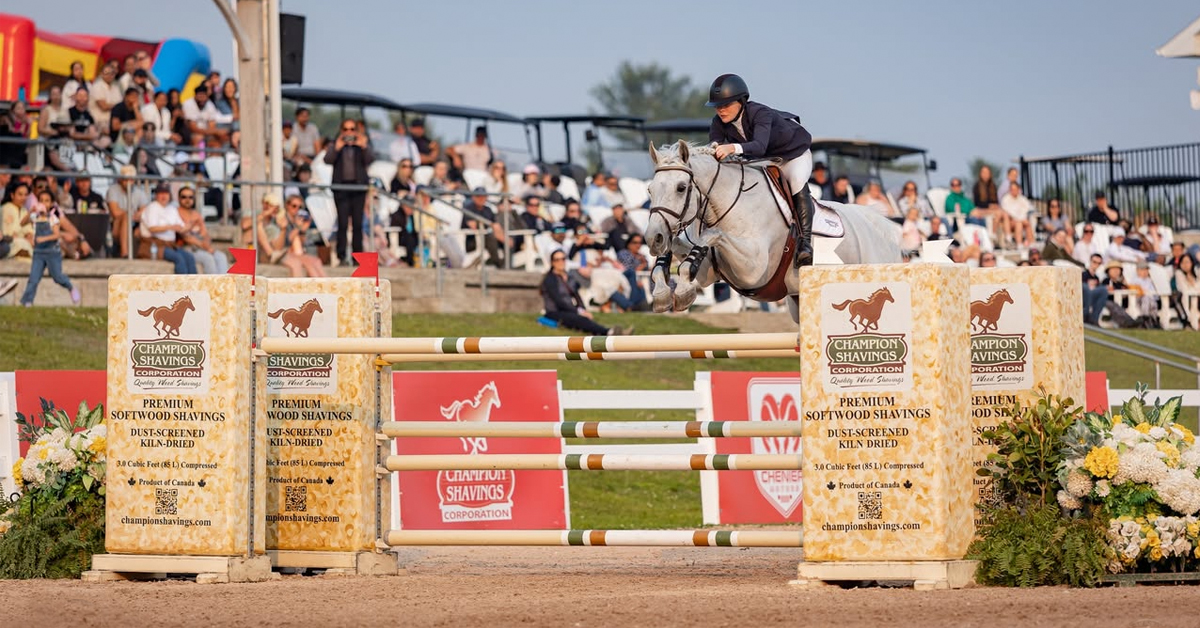July 5, 3:00 a.m
My eyes shoot open and I lie in bed awake, wondering what the heck have I gotten myself into. I am the Veterinary Service Manager for the Pan Am Games [July 10-26], and I am responsible for organizing the daily veterinary care of all the horses competing. This means I have to organize the veterinary volunteer team of 20 veterinarians, 15 technicians and 12 students, while arranging for the delivery of medications and supplies, the on-site diagnostic laboratory, and digital x-ray and ultrasound machines.
It is Sunday and the first horses are flying over from Germany and will be arriving later today. I will be heading to the Caledon Equestrian Park with my wife and partner in our veterinary practice, Dr. Melissa McKee, to meet with Dr. Yves Rossier, the president of the FEI Veterinary Commission for the Games, and the Canadian Food Inspection Agency, to process the arrivals. While I lie in bed I continue my routine from the past few sleepless nights and worry about all of the things that can go wrong. We want to show the visiting teams and veterinarians that the veterinary care they will receive in Canada is world-class and that if anything should go wrong with a horse, we are more than ready.
July 5, afternoon
The horse van arrives with the first horses. Before they can enter the secured barn area, we need to complete a three-part entry exam. We have to do a physical exam to make sure the horses are tick- and disease-free, an FEI vet has to confirm that the horse matches the FEI passport and that the passport is in order, and the CFIA veterinarians need to confirm the horses match the import papers. This is a process we repeat more than 150 times over the next two weeks. If it wasn’t for the well-organized veterinary students helping us, we would be drowning in paperwork. They are quickly becoming indispensible.
Dressage Week
All the horses have arrived and the riders have been able to ride in preparation for the first class on Saturday. Everyone has very positive things to say about the facilities and footing. It looks like all of the hard work developing the Caledon Equestrian Park is a huge success.
The only challenge facing the vet team is that there are two horses that are piroplasmosis-positive. This is a tick-borne disease that is prevalent in South America, but not in Canada. Because of this we have a separate isolation barn with its own grazing area and wash rack for these horses. It is also why we requested all horses be treated for ticks before their arrival. For the vet team this means that we have to check these two horses when they leave and enter the “piro” barn. It is not a huge deal, but we need to make sure that we are communicating well with the FEI stewards that are monitoring their barn.
It is a very hot week and many of the horses are not drinking enough to replenish their own fluids, so some of the team vets are having to administer IV fluids at the end of the day to prevent dehydration. This is something we get used to, since every day of the Games seems very hot and humid.
Eventing Week
Towards the end of dressage week we began admitting the three-day eventers. All of a sudden the stable area was filled with horses and the various music styles of Central and South America. Unlike our local horse shows, I don’t think I heard one North American top-40 song. It made for a very lively barn area, since you couldn’t walk anywhere without hearing music that made you want to dance.
On the morning of the final dressage event, approximately 40 members of the vet team joined the volunteer jump judges and other volunteers assembled at Will O’Wind Farm for cross-country training. This event is the one that will require us to work as a team and communicate well, since we will be so spread out. We arranged various scenarios based on possible horse or rider incidents so that the vet and medical team and central communications could work through any glitches. It certainly is a challenge assessing a situation without being present, but other than a couple of minor errors, our training scenarios went very well. We all felt better about what we would be facing on Saturday.
Friday evening, July 17 – The night before cross-country
So far the veterinary team has not been tested, which was good news, but that was about to change. One of the event horses started showing signs of colic this evening. Luckily, he quickly responded to IV fluids and hand-walking. It certainly was a tense hour as we wondered if the horse just had a soon-to-disappear intestinal cramp, or if something more severe was developing. We had an arrangement with the Ontario Veterinary College for them to treat surgical or difficult medical cases. Fortunately, we didn’t need to use them and the horse was able to compete the
next day.
Saturday, July 18 – Cross-country day
I felt very important as I accompanied the OPP-escorted caravan of six horse trailers going to the cross-country site. It’s nice having traffic stopped for us. The loading of the horses went well and we were on-site by 7:00 a.m. The rest of the vet team was there too and once we received our radios everyone went to their assigned areas to wait for the event to begin later that morning. My role was to be the vet team co-ordinator, so I was positioned in the Operations tent next to the chief controller and the head of the human medical team. Our job was to make sure our communication was seamless between the teams.
Fortunately, the event went well. The heat of the day wasn’t affecting horse performance, but just as we were about to finish and we were just starting to relax, the second-to-last horse stumbled in the water jump. Thinking it was better to be safe than sorry, we sent for the horse ambulance to bring the horse back to the stables. The team vet assessed the horse and informed us that it was not seriously injured, and then accompanied the horse back to the Caledon Equestrian Park for further treatment. We were happy to see him leave a couple days later in great shape with the rest of his team.
Jumping Week
By the time the jumpers arrive, our vet team has become a well-oiled machine. We have our routines down: we take twice-daily temperatures from horses without team vets to help identify early signs of infections; and we knew where we are supposed to be during classes. During downtimes, the vet team has time to go over interesting veterinary cases with the vet students, or have discussions with each other about veterinary medicine or life in general. One of the major benefits of being involved with the Games has been the time that the veterinarians, techs, and students spend with each other. Many of the vets knew each other from local meetings, but this was the first opportunity to really get to know each other. I am sure I speak for the other vets when I feel that our new friendships with veterinary colleagues has been one of the highlights of the Games for us. Ontario is fortunate to have so many excellent veterinarians.
During the jumping week of competition our main concern during the hot days was keeping horses hydrated after exercise and competition. The excitement of the week was watching the Canadian Jumping Team win the gold medal. We never got tired of medal ceremonies, even after seeing the medals the Canadian dressage and event horses and riders won.
Although the individual medal class was disappointing for the Canadian riders, the vet team knew many of the visiting horses and were cheering them on as if they were from our own country. The support and camaraderie between nations was encouraging as everyone got into the spirit of the Games.
The only time we were called into action was because a horse overreached during the class, so we assessed the horse to make sure nothing worse than a bruised heel was present. Again, we were fortunate and the horse walked back to the stable sound.
During the medal ceremony, I found myself listening to The Star-Spangled Banner and realized that we were done. Dr. Rossier was next to me and we looked at each other in surprise that it was all over. The two years that he and I planned and prepared for the event had paid off. The end result was that although we were ready to handle any medical or emergency situation, other than a couple of mild colic cases and dehydrated horses, we didn’t need to address any serious medical cases.
The one thing we all learned was that the success of the equestrian events was due to the selfless teamwork between the vet treating team, FEI and CFIA vets, FEI stewards and the staff of the Caledon Equestrian Park and Pan Am Games. We had each other’s backs and did everything to make sure all horses and teams were well taken care of.
Dr. Mike Pownall and Dr. Melissa McKee’s McKee-Pownall Equine Services is comprised of a group of veterinarians, technicians, and support staff with practices in Campbellville, Newmarket, Niagara and Caledon. www.mpequine.com
The Latest
